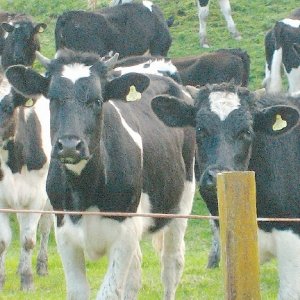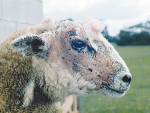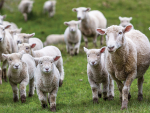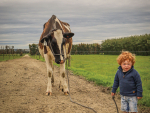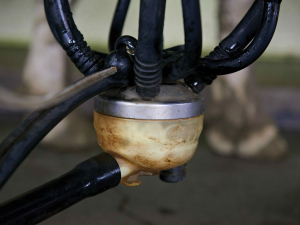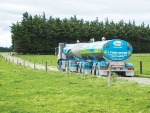FACIAL ECZEMA has always been a risk for dairy replacements but over many years in most regions of the North Island, where the disease has been significant, lack of liveweight gain can be associated with FE.
A research study which monitored the performance of cows for ten years following the major 1989 FE outbreak showed affected heifer replacements had a 9% higher cull rate over the next ten years.
FE causes liver bile duct damage which could be the fundamental reason for loss of animal performance. Many farmers think FE is a skin disease. A rule-of-thumb is if you identify 5% of the herd with skin lesions, then at least 35% of the herd will have suffered significant liver damage which may compromise its function.
Heifers exposed to FE without zinc protection risk liver damage which will compromise liveweight gain and lead to underweight animals (see Graph 1 and 2 attached).
Animals that come up short of generally accepted DairyNZ rearing weight targets do not get in calf as well as protected animals, and do not produce as much milk in their first lactation. Many also fail to get back in calf at the end of their first lactation which adds up to a huge cost to the industry.
Timing is critical to maximise the effect of any FE preventive technique. Agrifeeds' SporeWatch is a simple system for on-farm spore count monitoring. In conjunction with a regular animal weighing management programme (ideally monthly to pick up any weight loss issues), the tool is designed to help the farmer better understand and manage the risks and production impacts associated with facial eczema on the own farm.
Our company's Time Capsule zinc bolus is the best proven FE preventative treatment option available for replacement dairy calves and heifers. The Time Capsule slowly, but continuously, releases a controlled amount of zinc oxide to the rumen each day for four weeks irrespective of the spore challenge on the pasture.
Water treatments with an in-line zinc dispenser do not guarantee every animal is receiving adequate protection from sporidesmin especially when the FE challenge is high. The issue with water treatment effectiveness is that some animals may not drink sufficient amounts of water, and therefore varying amounts of zinc, to be adequately protected. The risks are that they drink less water on rainy days (less zinc) or they get water from alternative water sources (no zinc).
• Andrew Oakley is technical manager, Agrifeeds NZ Ltd.

